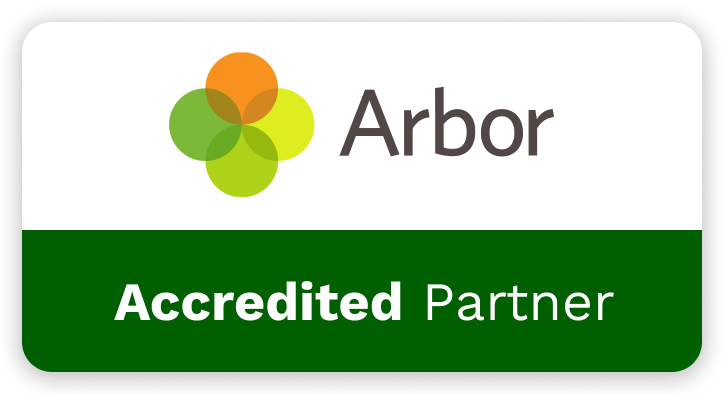- Home
- VOIP Phone systems
Modern VOIP Phone Systems for Your Business
Transform your communication with modern VOIP phone systems for your business. Enjoy crystal-clear calls, flexible features, and seamless integration, enhancing productivity and collaboration in today’s fast-paced environment.
MAKE IT CONTACTABLE
Voice over Internet Protocol (VoIP) phone systems are designed to provide businesses with a simple, cost-effective, and scalable communication solution for the 21st century. They leverage the existing internet infrastructure to handle phone calls, allowing for several premium features and advantages.

Some standard features of VoIP phone systems include
- Low cost: VoIP calls are typically cheaper than traditional phone calls, especially for long-distance or international calls.
- Caller ID: VoIP systems can display caller information, allowing users to identify incoming calls.
- Call waiting: Users are notified of incoming calls while already on a call and can switch between them.
- Conference calls: VoIP systems support conference calls, enabling multiple participants to join a single call.
- Hold music: When users place callers on hold, they can play music or recorded messages to keep callers engaged.
In addition to these standard features, VoIP systems offer several advanced features:
- Making multiple calls using your internet connection: With VoIP, you can make multiple simultaneous calls over a single internet connection, increasing productivity and efficiency.
- Adding/removing handsets and lines: VoIP phone systems are easily scalable, allowing businesses to add or remove handsets and phone lines as needed, without requiring significant infrastructure changes.
- Cloud-based phone management system: VoIP systems often come with a cloud-based management interface, which allows businesses to control and configure their phone system settings from a central web-based dashboard. This makes it easy to set up new lines, manage call routing, access call logs and analytics, and make other administrative changes.
MAKE I.T SECURE
Our CCTV Systems
- Designed around your needs
- Full HD \ 4K Images
- Secure remote access
- Movement detection
- Armed on \ offsite
Access Control
- Limit access to areas by code or fob
- Easily enable \ disable access
- Monitor user access
- Regular maintenance

.png?width=150&height=64&name=output-onlinepngtools%20(2).png)
.png?width=229&height=97&name=output-onlinepngtools%20(2).png)

















